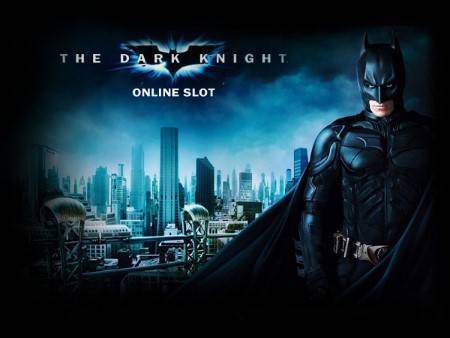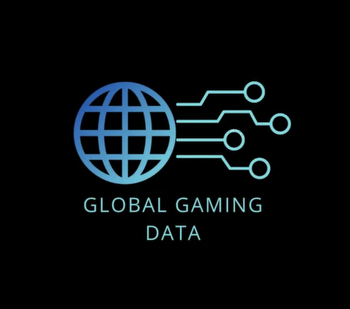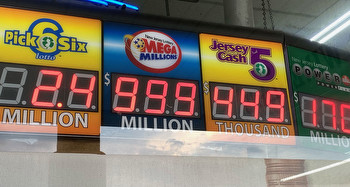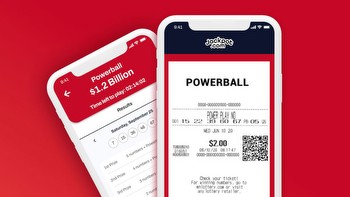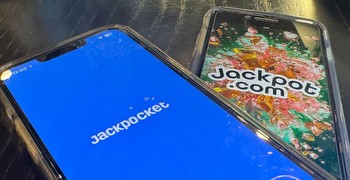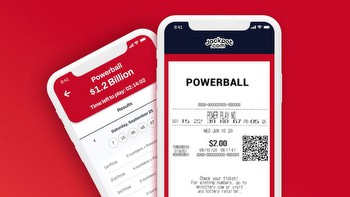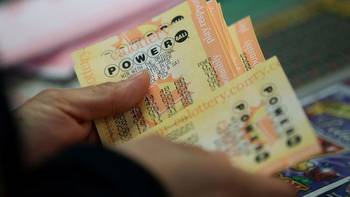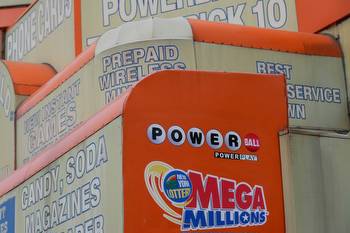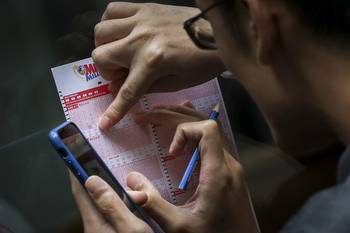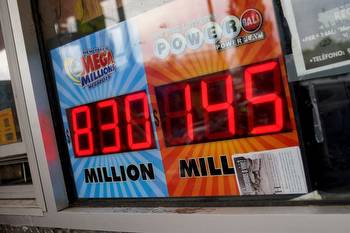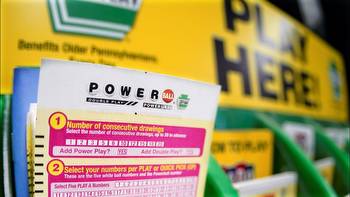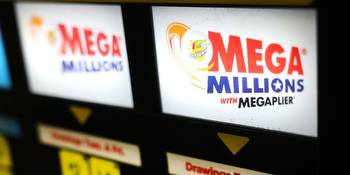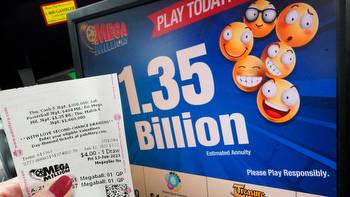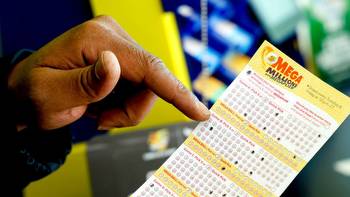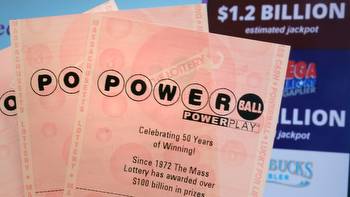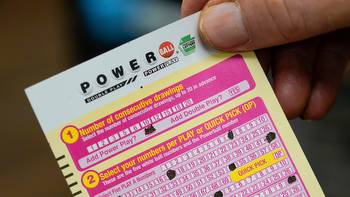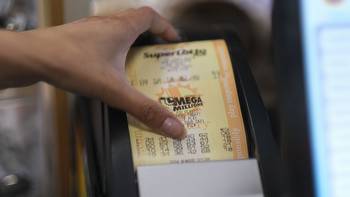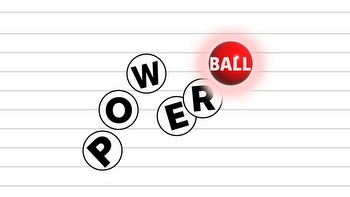Powerball jackpot hits $1.3 billion. Here's how purchases are changing
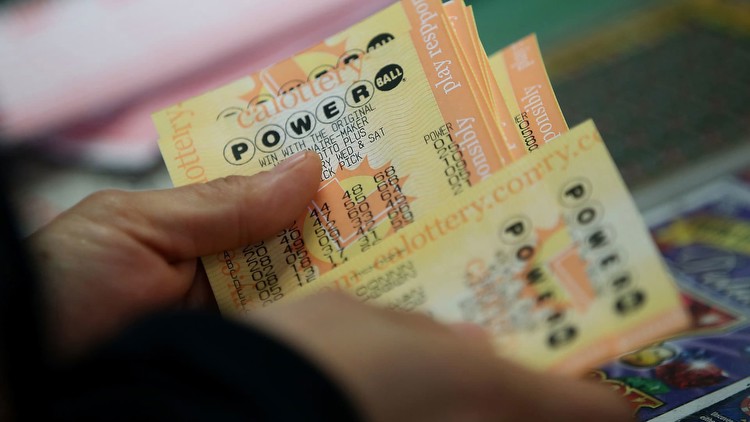
U.S. lottery sales exceeded $113.3 billion in 2023, according to the North American Association of State and Provincial Lotteries.
With varying state and provincial regulations, players have different purchase options, such as in-person or online sales, depending on where they live.
One option is lottery-courier services, which accept orders and buy lottery tickets on a customer's behalf.
"Lottery couriers are still relatively new," said Mike Silveira, chief of staff for Jackpot.com, which provides digital lottery-courier services. "This has to be one of the last consumer-facing industries to shift online."
This has to be one of the last consumer-facing industries to shift online.
Players can use Jackpot.com to order state lottery tickets via mobile phone, tablet or computer. The company buys the ticket on behalf of customers and scans an image of the ticket directly into the app.
As of April 5, Jackpot.com operated in five states: Arkansas, Ohio, Massachusetts, New York and Texas. But the company expects to see more state approvals, Silveira said.
DraftKings in February acquired Jackpocket, another lottery app, which operates in more than a dozen states.
While ticket purchases now have digital options from state lotteries and third-party companies, most players still buy lottery tickets in person, according to Drew Svitko, executive director of the Pennsylvania Lottery.
He said the state has roughly $5 billion of in-person lottery sales yearly across 10,000 retailers and about $1 billion in online sales.
However, the Pennsylvania Lottery's app has boosted brick-and-mortar sales by "reaching a new audience," Svitko said.
The latest Powerball jackpot comes roughly one week after a single ticket purchased in New Jersey won Mega Millions' fifth-largest grand prize of $1.128 billion.
That grand prize is back down to $67 million and the chances of winning are roughly 1 in 302 million.







